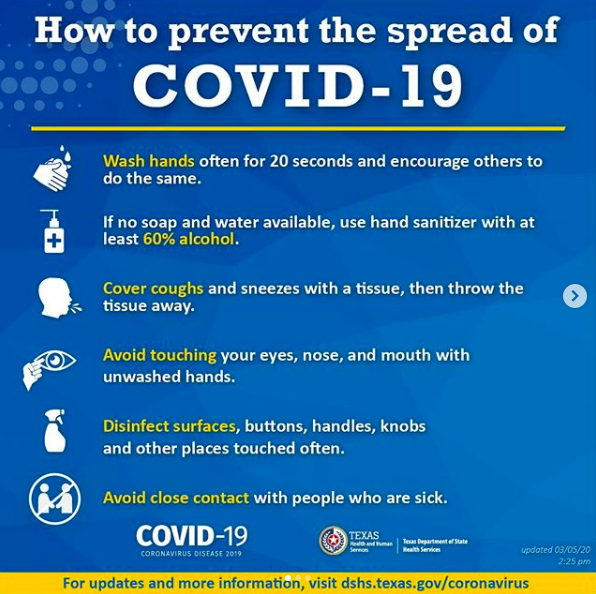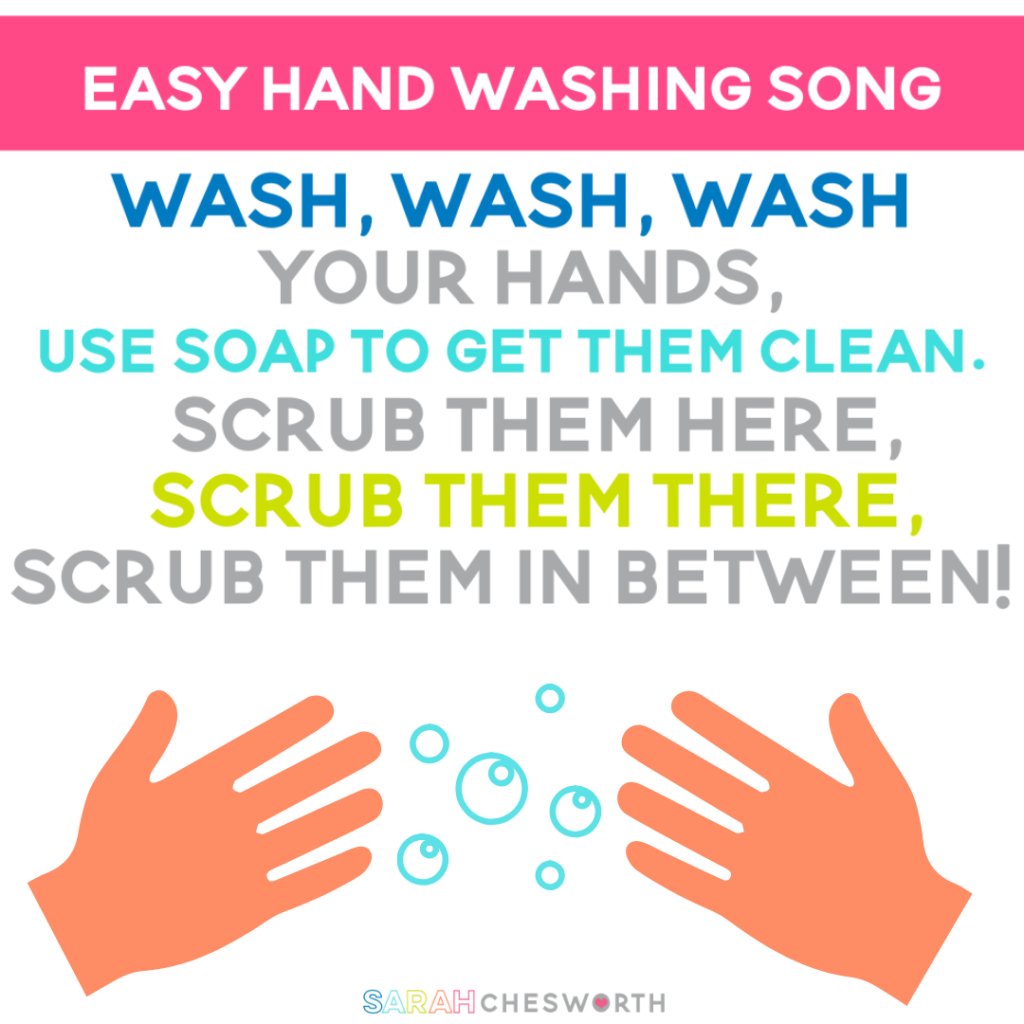This post may contain affiliate links.
I think we can all agree on how thankful we are for the amazing medical staff in this country. Our doctors and nurses are so selfless and continue to serve regardless of the situations they face. I am so grateful that my friend Dr. Jessica Gray, M.D. took the time to answer some of the most common questions from parents for the Ask the Expert series. I know my pediatrician has definitely heard many of these questions from me.
About Dr. Jessica Gray, M.D.
I met Dr. Gray way back in my college days at Texas Tech University. We were actually sorority sisters! I feel like you meet many people in college who tell you that they are planning to go to medical school, but plans change and many of them don’t make it through. When Jessica told me she was going to medical school, there wasn’t a doubt in my mind. I knew she would do it and be the absolute best doctor around. It’s a privilege to know her! Currently, Dr. Gray is a Family Medicine physician practicing in Lubbock, Texas. She is highly recommended and loved by the patients that she serves. It kills me that she can’t be our doctor!
I also want to make sure you know that this is not intended to serve as medical advice and you should always visit with your child’s doctor about any concerns you may have.

Let’s jump into a few common parent questions:
How should parents respond when their children ask about coronavirus?
Help ease their fears that there is nothing for them to be stressed or worry about! I’m getting asked this a lot lately and kids are talking about coronavirus in school now. Reiterate that it is very much like the flu, and we prevent it the same way with hand washing, staying home when you’re sick, not sharing food or drinks. Teach them simple things to keep them safe and healthy. It is not healthy for your child to stress about coronavirus.

What is considered fever for a little one and what should I do when my baby has one?
A fever for a child is over 100.4 degrees (this is the same threshold for oral, tympanic, or temporal thermometers).
When your child has a fever you want to do an assessment for other symptoms (runny nose, cough, diarrhea, pulling on ears, sore throat, etc). Kids get LOTS of viral illnesses that will pass within a day or two and have symptoms that are uncomfortable but not life threatening. Persistent or very high fevers should be evaluated by a doctor in a clinic. If your child isn’t eating or drinking well or lethargic they needs to be seen by a doctor.
What are the best things I can do for trying to prevent my kids from getting sick?
Hand washing!! Teaching your kids the basics is always the best, especially when they are school age. Teaching them to be aware of germs, wash hands before and after eating, washing hands after using the potty, not share food or drinks with other kids, cleaning toys at home regularly.

Oh the teeth! What are some normal symptoms of teething and how can I help my little one feel better?
Symptoms if teething include lots of drooling! Sometimes they can get a temp up to 100.0 without a real fever. Tylenol and ibuprofen are fantastic to ease this kind of discomfort. Teething rings are fine to use just make sure they don’t have gel inside and can pop under pressure. The best rings are solid and can be kept in the freezer (make sure to wash with soap and water after each use). The American Pediatrics Association and American Academy of Family Practice does NOT approve of teething necklaces of any kind as they pose a huge risk for choking no matter how stretchy the string is. Just remember simple is better with babies!!
How can I make my child more comfortable with visiting the doctor?
Make sure you are going for not only sick visits but also well child visits so your child can associate going to the doctor with not just being sick. You and your child need to be up to date on all these visits so normal growth can be assessed and preventive care screenings done.
Don’t be fearful as the parent! Easier said than done. When your little one is scared or crying at the doctors office it definitely can create anxiety for a parent, but remember that your child is very in tune to your emotions and will feed off of this. So if you are comfortable and calm at the doctor it helps a lot.
Teach your little ones from a young age the importance of their health and that the doctor is just there to help keep them healthy!
How much sleep should children be getting?
- Ages 4-12 months: 12-16 hours (including naps)
- Ages 1-2 years: 11-14 hours (including naps)
- Ages 3-5 years: 10-13 hours (including naps)
- Age 6-12 years: 9-12 hours
- Age 13-18 years: 8-10 hours
Consistency is key!! Sleep training and sticking to a strict sleep schedule is absolutely essential.
More with Dr. Jessica Gray
I love that more and more people in the medical field are on Instagram. You can find Dr. Gray HERE!
Check out all of the Ask the Expert Posts:
Ask a Speech Pathologist
Ask an Online Party Planner
Ask a Disability Advocate
Ask a Parenting Coach
Ask an Occupational Therapist
Ask a Montessori Expert
